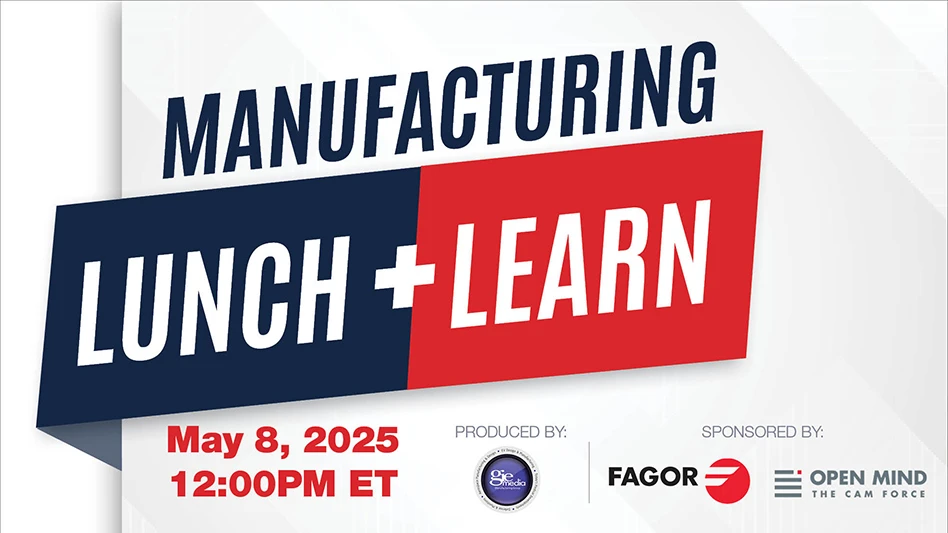 In the developing world, trauma, disease, and natural disasters result in hundreds of thousands of new amputees each year, and nearly 80% of the world’s amputees do not have access to modern prosthetics. For amputees in low-resource settings, modern prosthetics are prohibitively expensive, typically costing thousands of dollars. Even if an amputee is able to pay, they may not have access to a prosthetics clinic. And, if available, affordable prosthetic leg systems tend to use single-axis knee joints. While walking, particularly on rough terrain, single-axis knee joints are unstable and can buckle, leading to a sudden loss of balance.
In the developing world, trauma, disease, and natural disasters result in hundreds of thousands of new amputees each year, and nearly 80% of the world’s amputees do not have access to modern prosthetics. For amputees in low-resource settings, modern prosthetics are prohibitively expensive, typically costing thousands of dollars. Even if an amputee is able to pay, they may not have access to a prosthetics clinic. And, if available, affordable prosthetic leg systems tend to use single-axis knee joints. While walking, particularly on rough terrain, single-axis knee joints are unstable and can buckle, leading to a sudden loss of balance.
In 2008, a team of graduate students designed the JaipurKnee for a class project at Stanford University on behalf of the Jaipur Foot Organization, or Bhagwan Mahaveer Viklang Sahayata Samiti (BMVSS). BMVSS is the only clinic network that fits the JaipurKnee, which is manufactured in India. To date, more than 6,800 amputees have been fit by BMVSS for the JaipurKnee. Recognizing the need for a prosthetic solution in the developing world, the team designed a new device, the ReMotion Knee, to serve clinics around the world.
D-Rev, a San Francisco, California-based non-profit that had been working with researchers to develop a more cost-efficient and technologically advanced prosthetic knee, acquired ReMotion in 2011, leading to a huge growth opportunity for the ReMotion Knee – and a gateway to getting the new design to the global market.
“At ReMotion Designs, we were creating a new knee, a design departure from the JaipurKnee but relying on the same core four-bar mechanism,” says Vinesh Naryan, product manager, ReMotion Knee, D-Rev. “Our first ReMotion prototype was tested on five amputees in Ecuador, in partnership with a clinic with whom we still work today.”
Design iterations
The team then spent the next several years iterating the ReMotion Knee design based on user feedback. As part of this design stage, the ReMotion team conducted field trials with 66 patients in India, Indonesia, and Guatemala. They spent the next year gathering critical data about the design of the ReMotion Knee, learning from clinicians in the field about the fitting and rehabilitation processes, piloting impact assessment strategies, and designing new methods for data collection.
“These field trials provided D-Rev with important feedback on the design, which allowed us to finalize the specifications and move forward toward mass manufacturing,” Narayan says.
In 2012, D-Rev received the “empowering people. Award” from Siemens Stiftung, gaining professional development opportunities to further D-Rev’s market knowledge in East Africa and Latin America, concluding in critical relationships and business for the future.
“It was invaluable for D-Rev to be able to connect with and learn from other like-minded organizations working on similar problems in the same geographic areas,” says Krista Donaldson, CEO of D-Rev. “The Siemens Stiftung network was very helpful for D-Rev as we grew.”
The final product is a polycentric, four-bar knee that enables a stable and natural gait. ReMotion’s design is resistant to buckling on heel-strike, and provides increased toe clearance to reduce chances of a patient tripping. Made of long-lasting plastic and stainless steel, ReMotion works in harsh, demanding environments, withstanding heat, humidity, and dirt. Product lifetime is three to five years.
Growing market
D-Rev is undertaking its biggest milestone – the ReMotion Knee’s global market launch. To date, D-Rev has received sales inquiries from more than 60 countries. D-Rev’s team in San Francisco will manage a network of partners and distributors to deliver the ReMotion Knee to clinics around the world.
“We are excited to launch this product, which is so important to providing access to amputees who might not otherwise have access to a prosthetic,” Narayan concludes.
ReMotion Knee, D-Rev
www.d-rev.org/impact/remotion
Siemens Stiftung
www.siemens-stiftung.org

Explore the November December 2015 Issue
Check out more from this issue and find your next story to read.
Latest from Today's Medical Developments
- Siemens accelerates path toward AI-driven industries through innovation and partnerships
- REGO-FIX’s ForceMaster and powRgrip product lines
- Roundup of some news hires around the manufacturing industry
- Mazak’s INTEGREX j-Series NEO Machines
- The Association for Advancing Automation (A3) releases vision for a U.S. national robotics strategy
- Mitutoyo America’s SJ-220 Surftest
- #56 - Manufacturing Matters - How Robotics and Automation are Transforming Manufacturing
- STUDER looks back on a solid 2024 financial year







